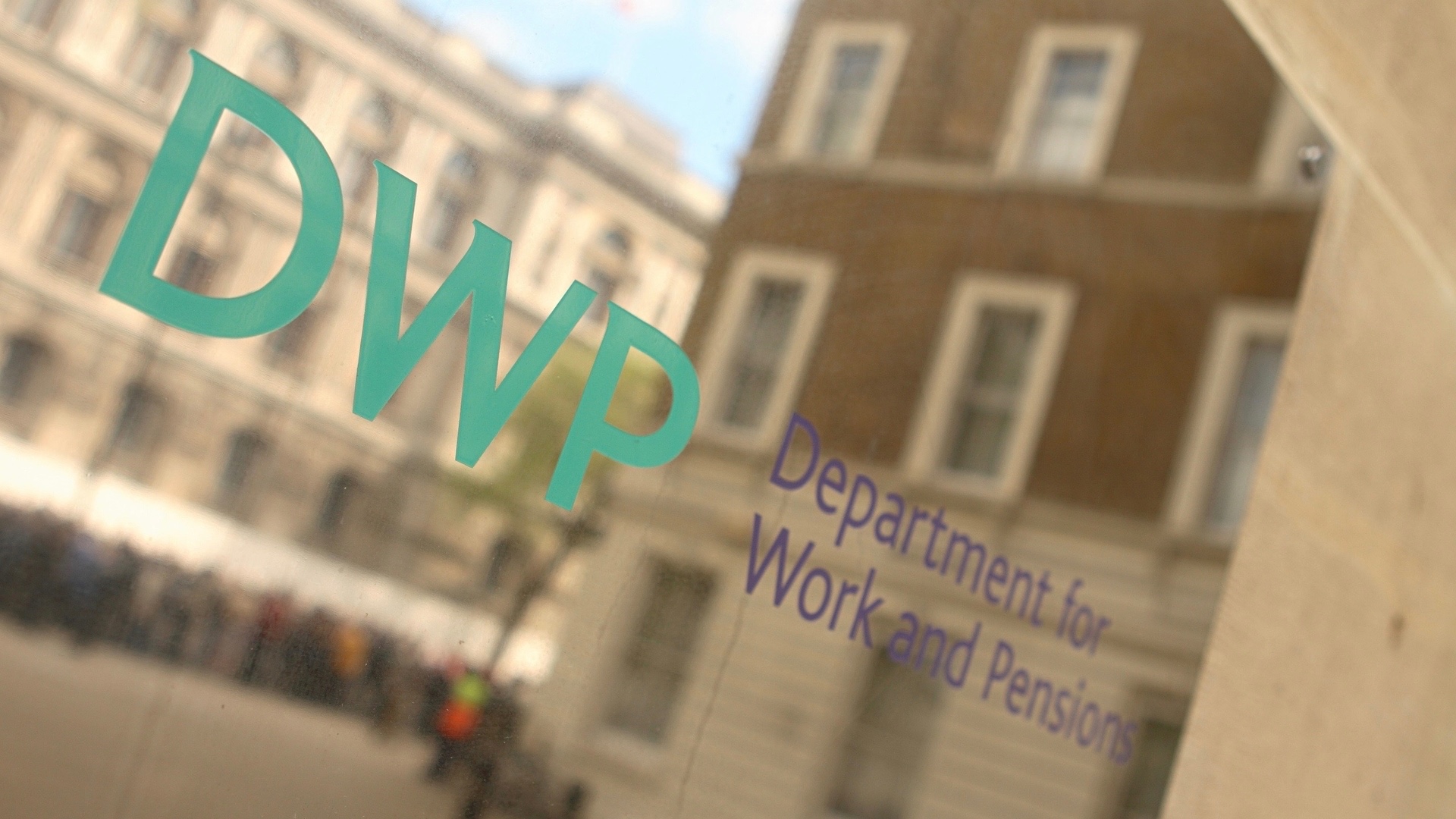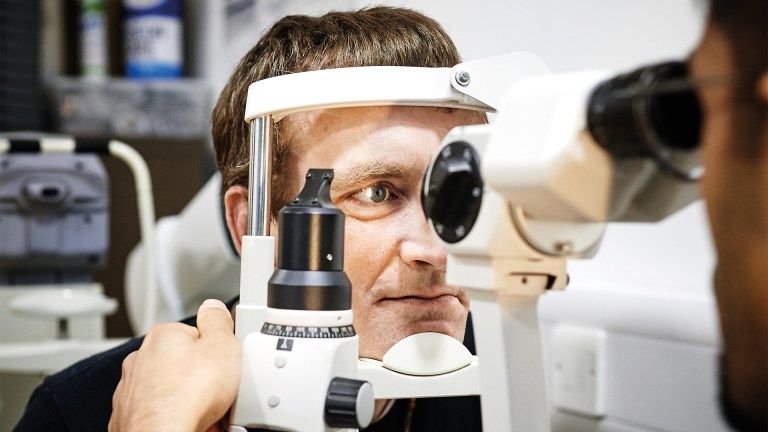People with mental illnesses like anxiety and depression are 2.4 times more likely to have their benefits stopped than people with physical illnesses and injuries, a new study has found.
The study, led by York University researchers, used governmental figures for 327,000 people who moved from Disability Living Allowance (DLA) to personal independence payments (PIP) between 2013 and 2016.
The research included neurodevelopmental disorders like attention deficit hyperactivity disorder (ADHD) in the group of conditions far more likely to be penalised by the benefits system than those suffering diabetes or back pain. Over 40 per cent of benefits claimants with ADHD had their payments stopped, while those with alcohol or drug dependency issues were twice as likely as those with physical ailments.
Lead author of the study, Katie Pybus, from the Department of Health Sciences, said: “As far as we are aware, this is the first academic study to compare Personal Independence Payment eligibility assessment outcomes by health condition for existing Disability Living Allowance claimants.
“Our intention is not to comment on the acceptability of eligibility assessment outcomes for claimants with the other health conditions included in the analysis, but rather to highlight areas of potential inequality that may need to be addressed to ensure the benefits system values mental health equally with physical health.”
As many as 32 per cent of people with psychiatric conditions reported having lost their DLA at some point. This is twice the number of people with diabetes or musculoskeletal conditions who reported experiencing the same.






